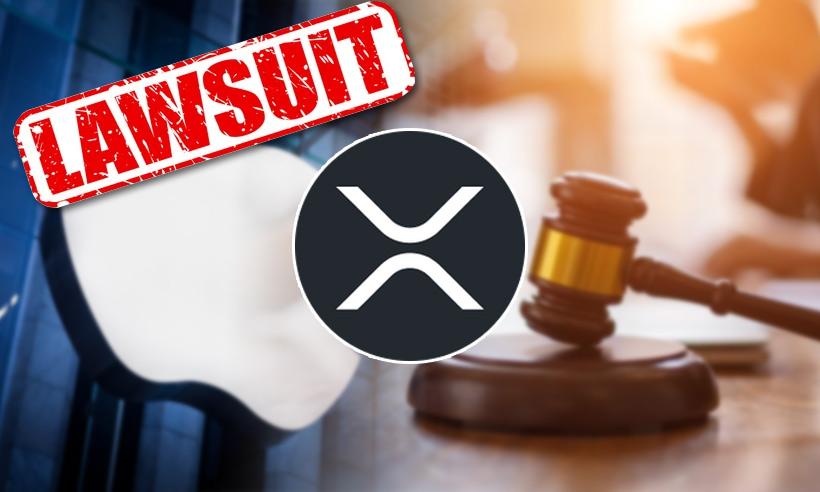Sep 29, 2023
XRP Lawyer Mocks SEC's Appeal in Ripple Lawsuit
.
Disclaimer: The views and opinions expressed in this article are for informational purposes only and do not constitute financial, investment, or other advice. Investing in or trading crypto assets comes with a risk of financial loss.
Sonakshi is into the crypto world ever since she heard about it and is pursuing her interest through Cryptoknowmics. She is a sensational poet, technical writer and content strategist.
